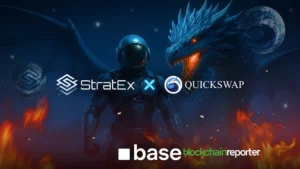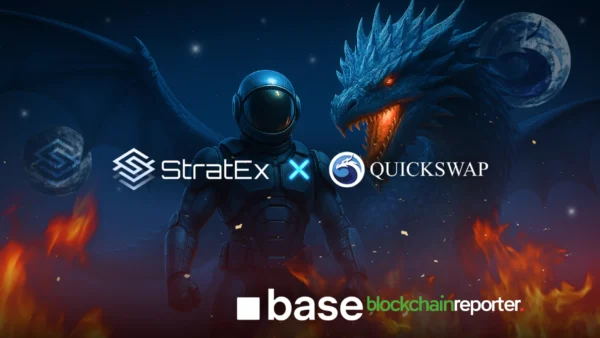
The innovative stride of blockchain technology persists, unswerving in its drive to establish unparalleled systems that bolster efficiency. zkSync is no stranger to this quest, revealing today their latest proof system named “Boojum.”
With a conspicuous edge towards radical decentralization, this new system highlights zkSync’s commitment to advancing industry standards.
Boojum stands as an upgrade that transitions the zkSync era to a STARK-powered proof system. This upgrade is focused on delivering unprecedented performance, even on consumer-grade hardware, furthering the reach and applicability of blockchain technology across diverse user levels.
Unraveling The Mysteries Of Boojum
Boojum, as zkSync explains, is not just a name; it carries the substance of their vision. This term refers to their Rust-based cryptographic library utilized in implementing the updated version of the ZK circuits for zkSync Era and the ZK Stack.
Interestingly, the name ‘Boojum’ is inspired by Lewis Carroll’s poem, “The Hunting of the Snark,” symbolizing an imposing form of Snark. A unique feature of the zkSync Era is the provision for cryptographic upgrades without a regenesis, meaning that user activities remain uninterrupted during the Boojum upgrade.
Boojum: Enabling A More Decentralized Future
According to zkSync, Boojum was picked due to zkSync’s mission which revolves around advancing personal freedom by building a blockchain network that is secure, resilient, and limitless in its scalability.
The arrival of Boojum caters to this mission, offering two main advancements. First, it facilitates world-class performance, addressing the need for scalability that zkSync envisions for hyperchains. Second, it significantly reduces hardware requirements for decentralization, championing user-powered, decentralized proof generation.
Boojum is now live on Mainnet, busily generating and verifying ‘shadow proofs’ with real production data, a step to rigorously test the system ahead of complete migration. In line with their commitment to transparency and community collaboration, zkSync has also open-sourced the Boojum repository.
The journey of Boojum has only just begun, and zkSync promises to keep the community informed on progress, revealing more about the system’s implementation, security, and performance in subsequent updates. Boojum stands as a testament to zkSync’s commitment to pioneering a future where blockchain systems are not just efficient but also broadly accessible.








